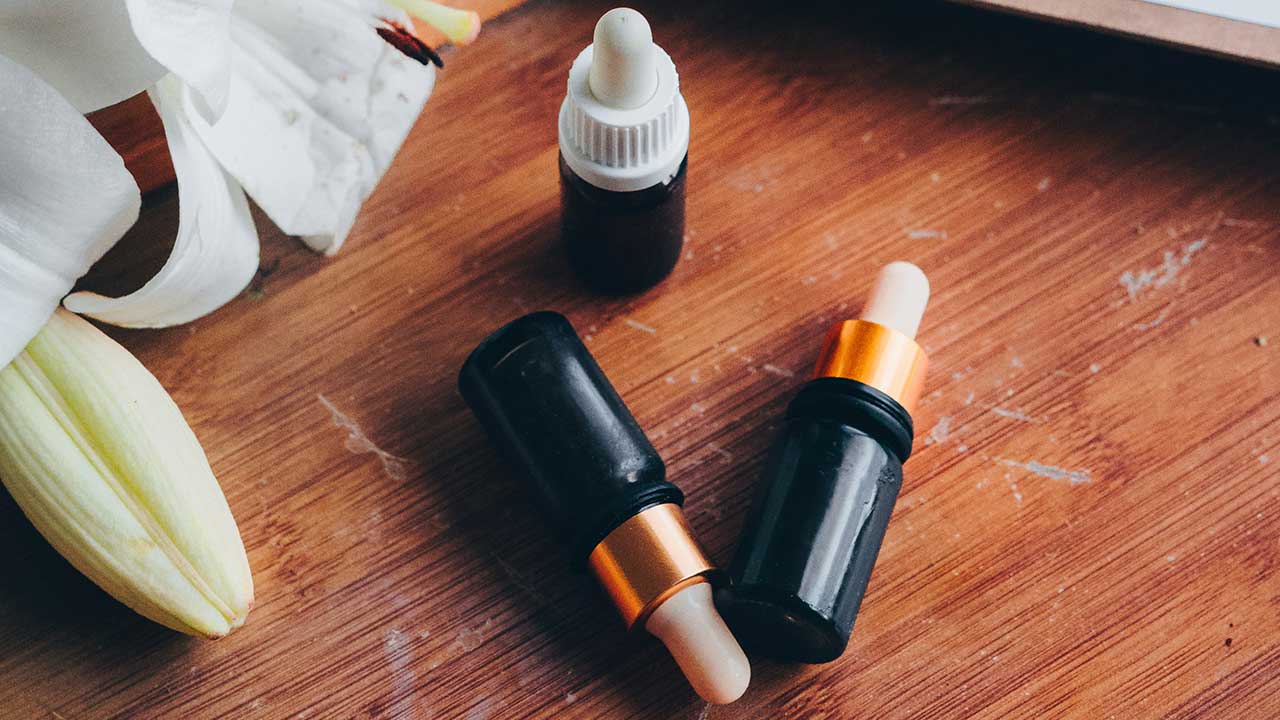State Bans and Delays in Congress Jeopardize Hemp Sector
Summarize

Lawmakers across the U.S. are increasingly cracking down on hemp-derived THC products, threatening an industry that has flourished since the 2018 Farm Bill legalized hemp products with less than 0.3% THC. About a dozen states are implementing or considering bans or strict regulations, raising concerns among hemp operators who view these measures as serious threats. While California has already imposed a blanket ban on hemp-THC products, other states—including Texas, Florida, and Georgia—are introducing various restrictions on synthetic THC and hemp-derived Delta-9 THC.
Some industry insiders believe the alcohol sector is influencing these restrictions, aiming to control the hemp market as younger consumers move away from drinking. Proposed third-party distribution models, similar to alcohol regulations, are especially controversial. Operators like Jim Higdon of Cornbread Hemp argue,
“This is the first step toward a hostile takeover of cannabis by the alcohol industry.”
Kentucky, among other states, is considering the third-party distribution model, prompting lobbying efforts to prevent it from becoming law.
The legal ambiguity stems from the 2018 Farm Bill, which set a 0.3% THC limit for hemp but left room for hemp producers to apply creative interpretations and take advantage of loopholes. One of them allows for the sale of high-potency edibles and THCA flower, often indistinguishable from marijuana. Lawmakers, particularly Republicans, now feel misled and are pushing for reforms.
Jake Bullock, the co-founder of a California-headquartered manufacturer of low-dose, hemp-derived THC beverages, said,
“We felt duped by what the hemp industry told us. We didn’t believe we were legalizing anything intoxicating.”
He is a member of the newly formed Coalition for Adult Beverage Alternatives (CABA), which is attempting to mediate industry concerns in Washington, but with limited success.
At the federal level, the need for Congress to update the Farm Bill is urgent, though bipartisan agreement exists that hemp-derived THC needs regulation. The Farm Bill was supposed to be updated every two years, but it is now almost two years past due. Attempting to establish clear guidelines by banning most synthetic derivatives and establishing legal hemp business regulations, Oregon Senator Ron Wyden introduced a bill in Fall 2024 that provided guidelines for legal hemp businesses, which has yet to be acted upon. As the U.S. Congress fails to take action, states are stepping up to fill the void.
There are major marijuana companies that are expanding into hemp markets, using it as a workaround to federal marijuana restrictions. By offering hemp products, the marijuana producers can sell at various retailers and not be restricted to marijuana dispensaries, including in states like Texas that do not allow the sale of marijuana. All that is permitted is low-THC CBD oil. If the Texas Senate Bill 3 becomes law, all THC would be banned, effectively shutting down all stores selling CBD products.
Unfortunately, Congress has failed to update the Farm Bill, which has resulted in a lack of clarity for the hemp industry. The potential collapse of the hemp industry due to state laws is not just a threat to businesses. It is a risk to state revenues in the billions, and could cut off access to products that millions say benefit them. Hopefully, Congress will revise the Farm Bill soon and establish clear guidelines for the hemp industry before various state laws lead to the industry’s destruction.
Share this post


0